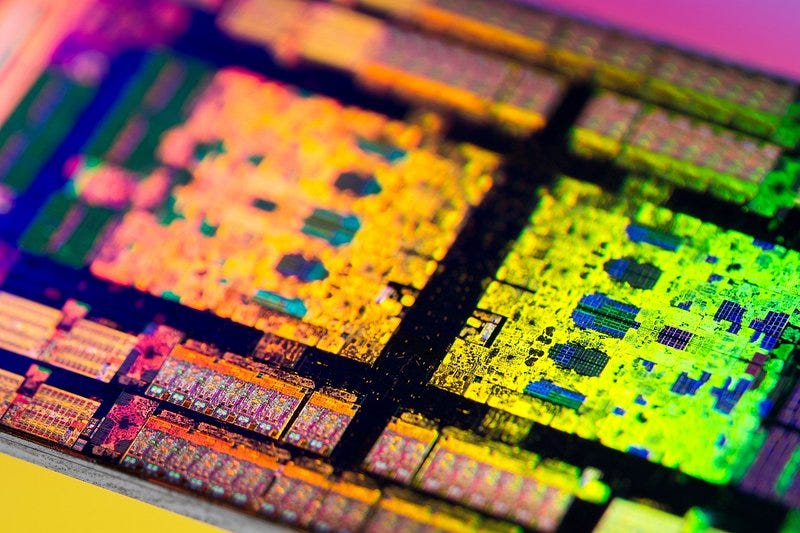On AI and National Security Work
Reflections on Artificial Intelligence for National Security Professionals
Dear readers,
Like many of you, I’ve spent the past few years closely watching the development of artificial intelligence. The spread of generative artificial intelligence tools and mass adoption of AI clients by the general public will undoubtedly have an immense impact on the ways we communicate, the means we use to learn and develop new skills, and the value we place on labor in increasingly automated world. Reading some of the forecasts for AI development might make you think we’re living in science fiction and some futurists have even suggested we may see the emergence of “singularity”, where machine intelligence matches human capabilities, in the near future.
Given the amount of speculation (and pushback) on the potential impact of AI, I decided to provide some reflections on how I believe AI may impact the work of national security professionals. As someone who served on the National Security Council in the midst of social-media enabled disinformation campaigns, I think it’s crucial that we always consider how our adversaries may use emerging technology against American interests. Additionally, as artificial intelligence is increasingly incorporated into the world of defense and national security, it’s important that Americans understand both the limits of these tools and the power that they may provide. In addition to current members of the Natsec community, I feel that this piece will be useful to any security professionals in the private sector, as well as any students considering future careers in either intelligence or tech.
Keep reading with a 7-day free trial
Subscribe to Why It Matters to keep reading this post and get 7 days of free access to the full post archives.


